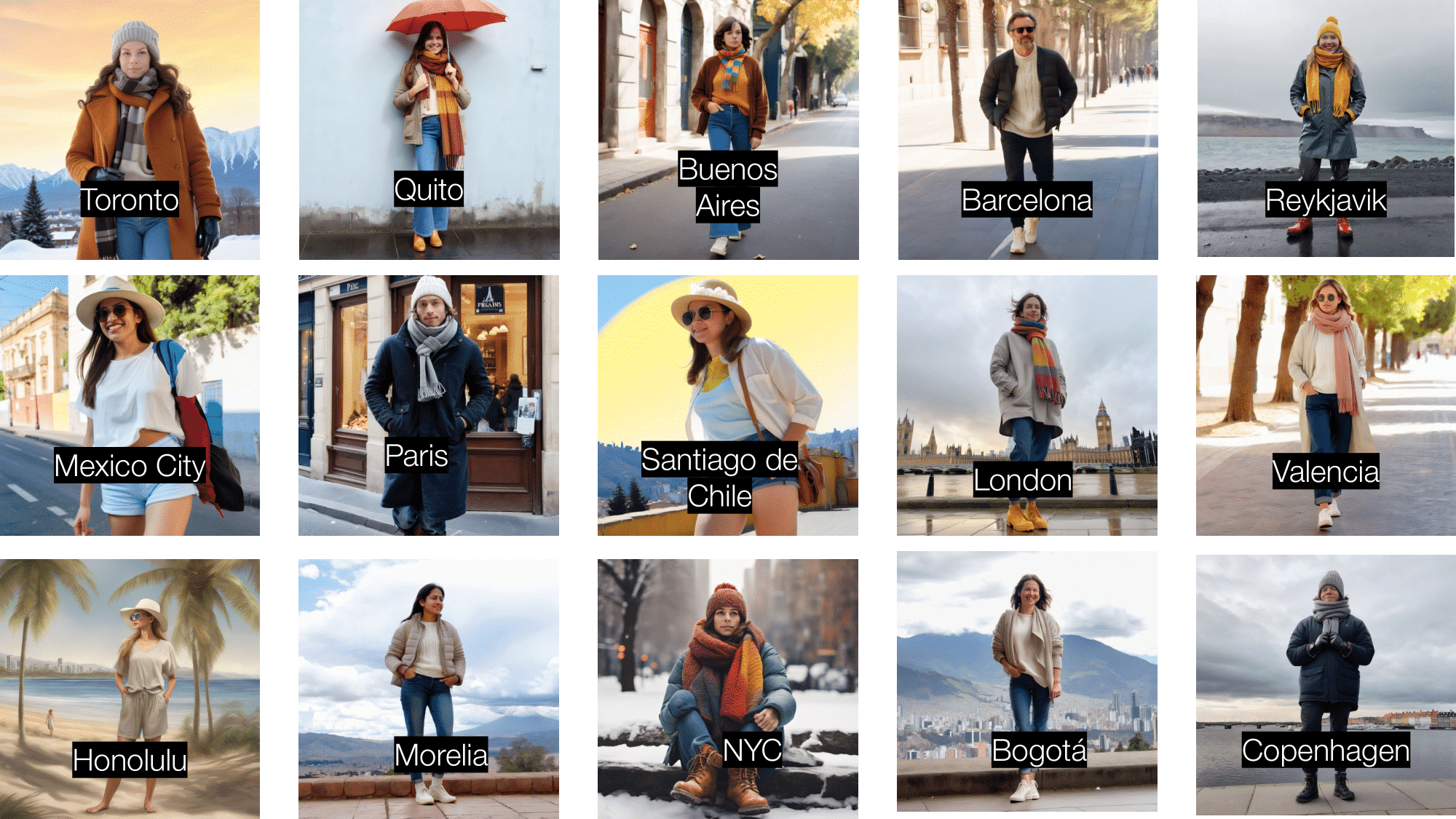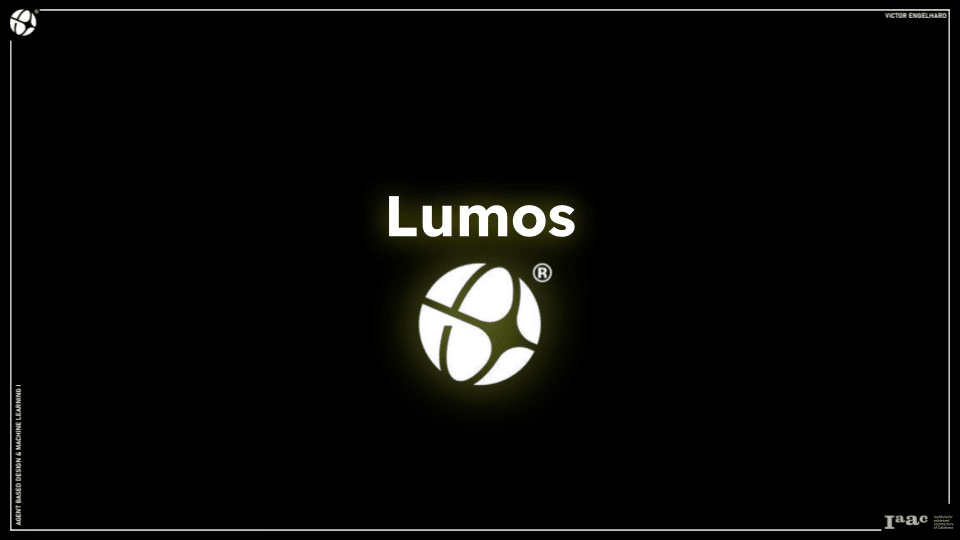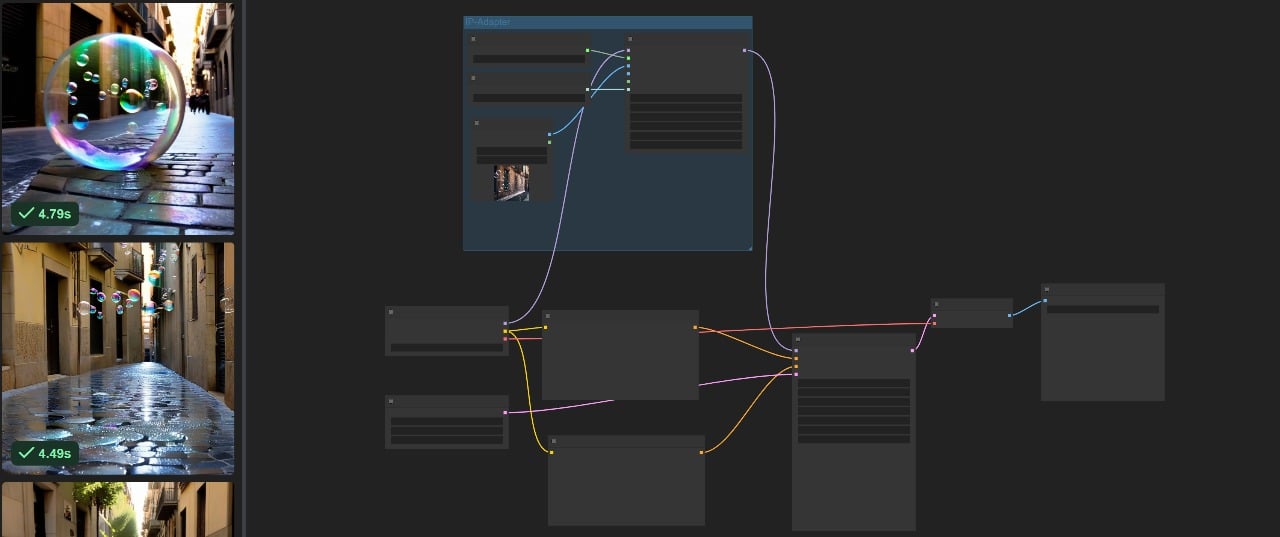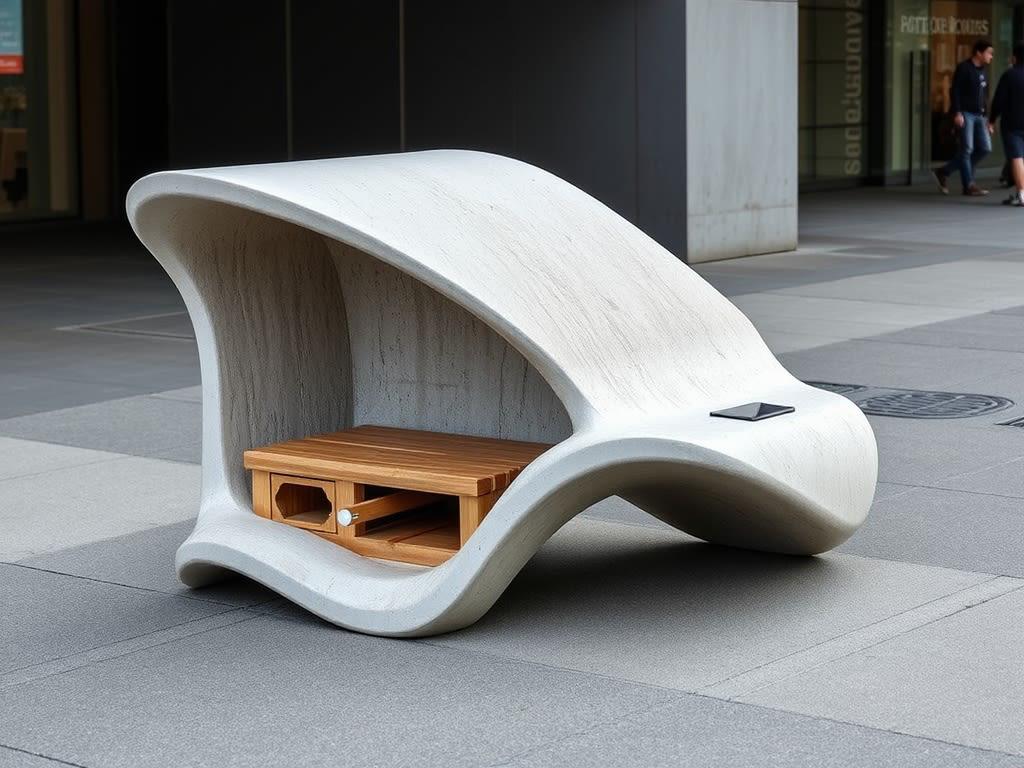City Vision
Problem statement: Understand how different media platforms and news (Reddit for now) perceive and portray cities, shaping their public image. Results
IAAC’s Master in City & Technology (1 or 2-year program) is a unique program oriented towards redefining the analysis, planning, and design of twenty-first-century cities and beyond. The program offers expertise in the design of digitally enhanced, ecological and human-centered urban environments by intersecting the disciplines of urbanism and data science. Taking place in Barcelona, the capital of urbanism, the Master in City & Technology is training the professionals that city administrations, governments, industries, and communities need, to transform the urban environment in the era of big data.
Problem statement: Understand how different media platforms and news (Reddit for now) perceive and portray cities, shaping their public image. Results
As part of a collaborative exploration into creative automation and human-AI interaction, our team developed an AI-powered weather assistant that integrates live data, generative visuals, and contextual language processing into a single, responsive system. The assistant operates via a Telegram bot and delivers three core outputs: current weather information, clothing recommendations, and an AI-generated image … Read more
We live in an age of constant information, where news spreads rapidly and surrounds us at all times. Social media notifications, breaking news alerts, and endless headlines create an overwhelming cycle. Unfortunately, negativity often dominates this flow, increasing stress, anxiety, and emotional fatigue. Why Are People Avoiding the News? According to Universitat Oberta de Catalunya, … Read more
Imagine you are working on an urban design project to improve social quality in a particular neighbourhood, you will want to know what people think about your proposal. Collecting data from every resident most of the time has a lot of limitations, such as cost, data privacy concerns, and people’s willingness to be involved. Also … Read more
Designing an Inclusive and Functional Bench Through the Lens of Iconic Visionaries Urban design has always required balancing complex social, cultural, and environmental factors. In this project, we explored the potential of AI in shaping public spaces. Specifically, designing a bench that serves the needs of both homeless individuals and daily users. We developed a … Read more






